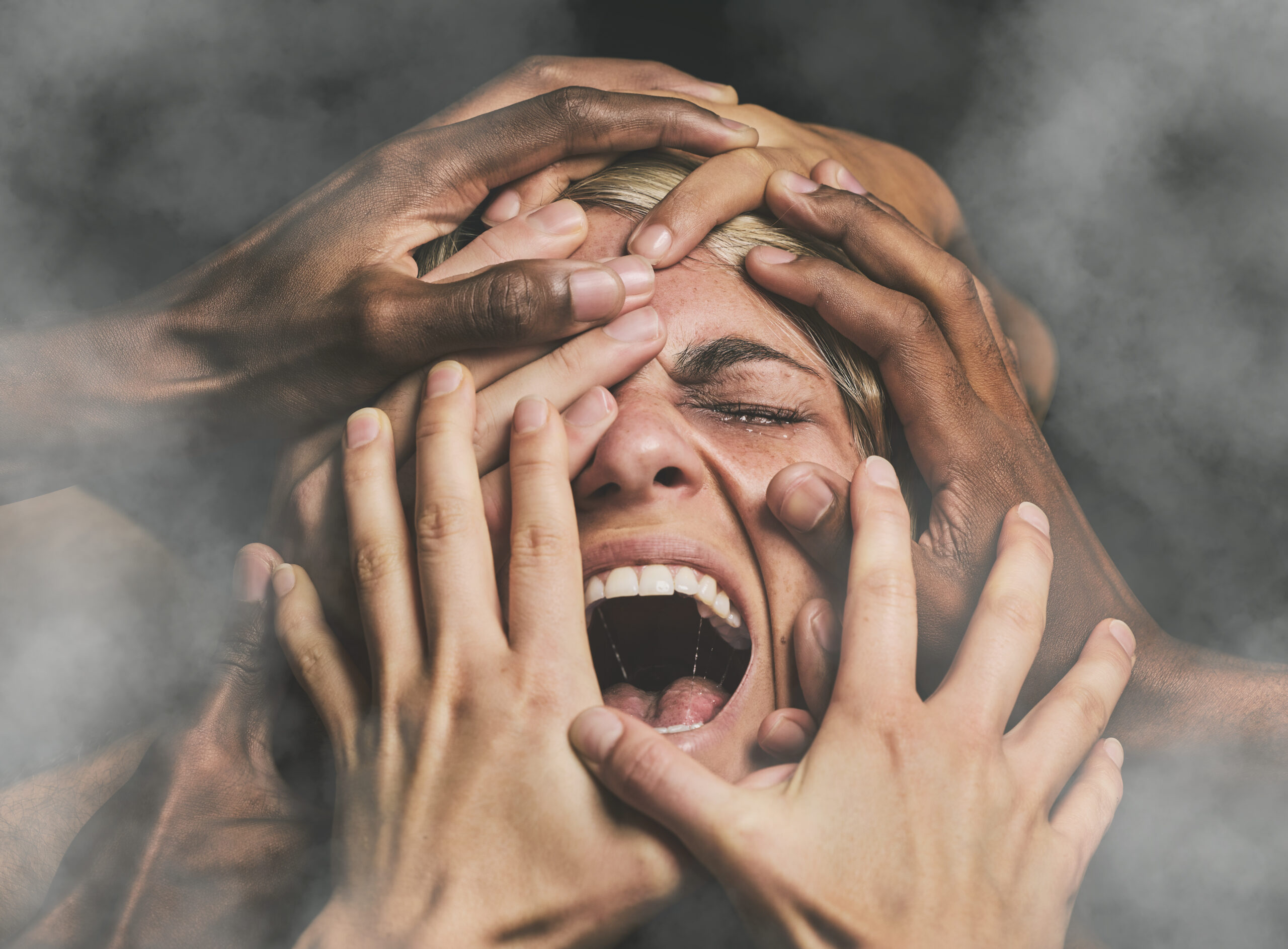Psychotic breaks, also known as psychotic episodes, are periods of time when an individual experiences a disconnection from reality. These episodes can be distressing and disruptive, both for the individual experiencing them and their loved ones. At PMHC in Philadelphia, we aim to provide a comprehensive understanding of psychotic breaks, including their duration and how to manage them effectively.
Understanding Psychotic Breaks
A psychotic break is characterized by symptoms such as hallucinations, delusions, disorganized thinking, and impaired insight. These symptoms can vary in intensity and duration, depending on the underlying cause and the individual’s overall mental health. Psychotic breaks can occur in the context of several mental health disorders, including schizophrenia, bipolar disorder, severe depression, and substance-induced psychosis.
Duration of Psychotic Breaks
The length of a psychotic break can vary widely. Some episodes may last only a few hours, while others can extend over days, weeks, or even longer. The duration is influenced by several factors, including:
1. Underlying Condition: The mental health condition triggering the psychotic break plays a significant role in its duration. For instance, psychotic episodes in schizophrenia might be more prolonged compared to those induced by substance use, which might resolve as the substance leaves the system.
2. Severity of Symptoms: More severe symptoms may lead to longer episodes. The intensity of hallucinations, delusions, and disorganized thinking can influence how long the individual remains disconnected from reality.
3. Treatment and Intervention: Early intervention and appropriate treatment can significantly shorten the duration of a psychotic break. Medications, such as antipsychotics, and therapeutic interventions can help manage symptoms and reduce the length of the episode.
4. Support System: The presence of a strong support system, including family, friends, and mental health professionals, can aid in quicker recovery. Supportive environments can provide stability and reduce stressors that might prolong the episode.
Managing Psychotic Breaks
Effective management of psychotic breaks involves a combination of medical treatment, therapy, and support. Here are some key approaches:
1. Medication: Antipsychotic medications are commonly prescribed to manage symptoms of psychosis. These medications help stabilize mood and reduce hallucinations and delusions.
2. Therapy: Psychotherapy, particularly cognitive-behavioral therapy (CBT), can be beneficial in addressing the thoughts and behaviors associated with psychosis. Therapy can also help individuals develop coping strategies and improve their insight into their condition.
3. Hospitalization: In severe cases, hospitalization might be necessary to provide a safe and controlled environment for stabilization. This allows for close monitoring and intensive treatment.
4. Support Networks: Building a strong support network is crucial. Family members, friends, and support groups can provide emotional support and practical assistance during and after a psychotic break.
5. Lifestyle Adjustments: Encouraging a healthy lifestyle, including regular exercise, a balanced diet, and adequate sleep, can help improve overall mental health and reduce the risk of future episodes.
Psychotic breaks can be challenging, but with the right treatment and support, individuals can manage their symptoms and reduce the duration of these episodes. At PMHC in Philadelphia, we are committed to providing comprehensive care and support for individuals experiencing psychotic breaks. If you or someone you know is struggling with symptoms of psychosis, reach out to us for professional assistance and guidance on the path to recovery.

